The nearly four-hour epic is ahot contender for Best Picturethat offers a poignant deconstruction of the American Dream.
you might watch the full conversation in the video above or read the transcript below.
PERRI NEMIROFF: I have a bunch of collaboration questions for you two.
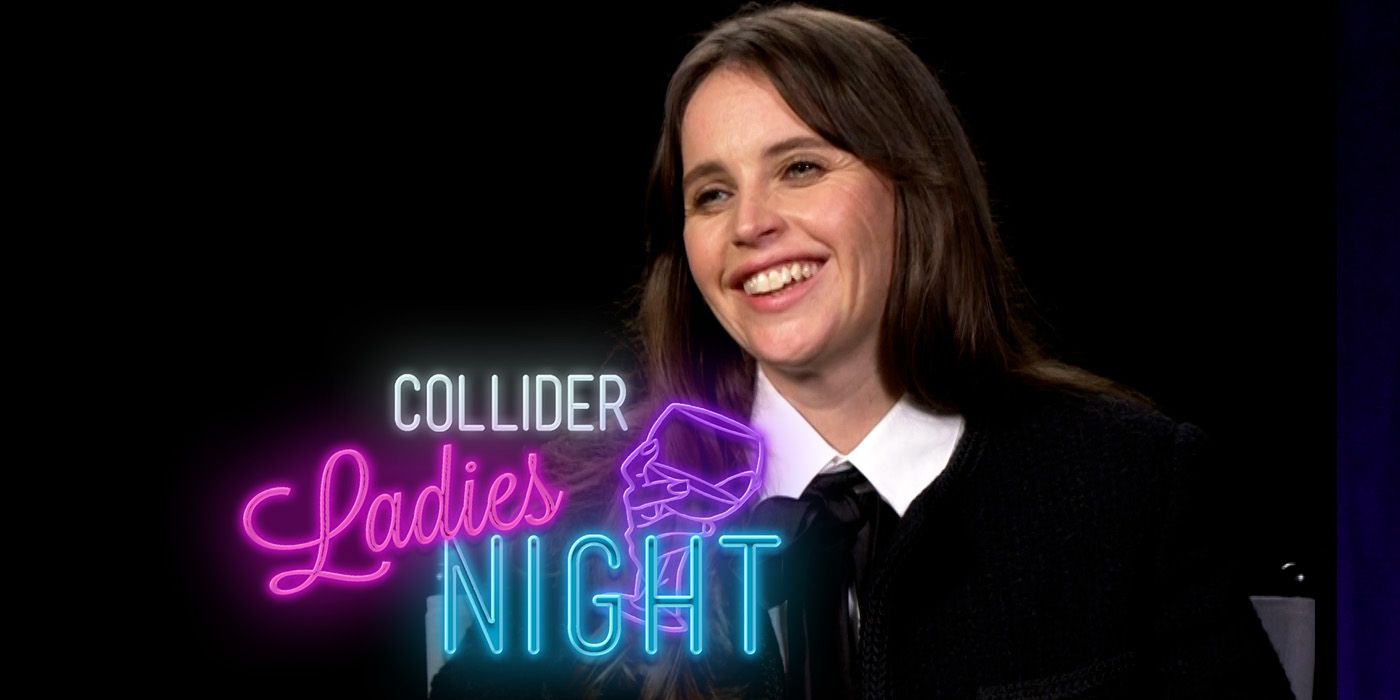
Image via Venice Film Festival
I’ll start with Adrien.
What’s something about Adrien as a scene partner that helped you unearth something in your own character?
GUY PEARCE: He’s just so good at what he does.
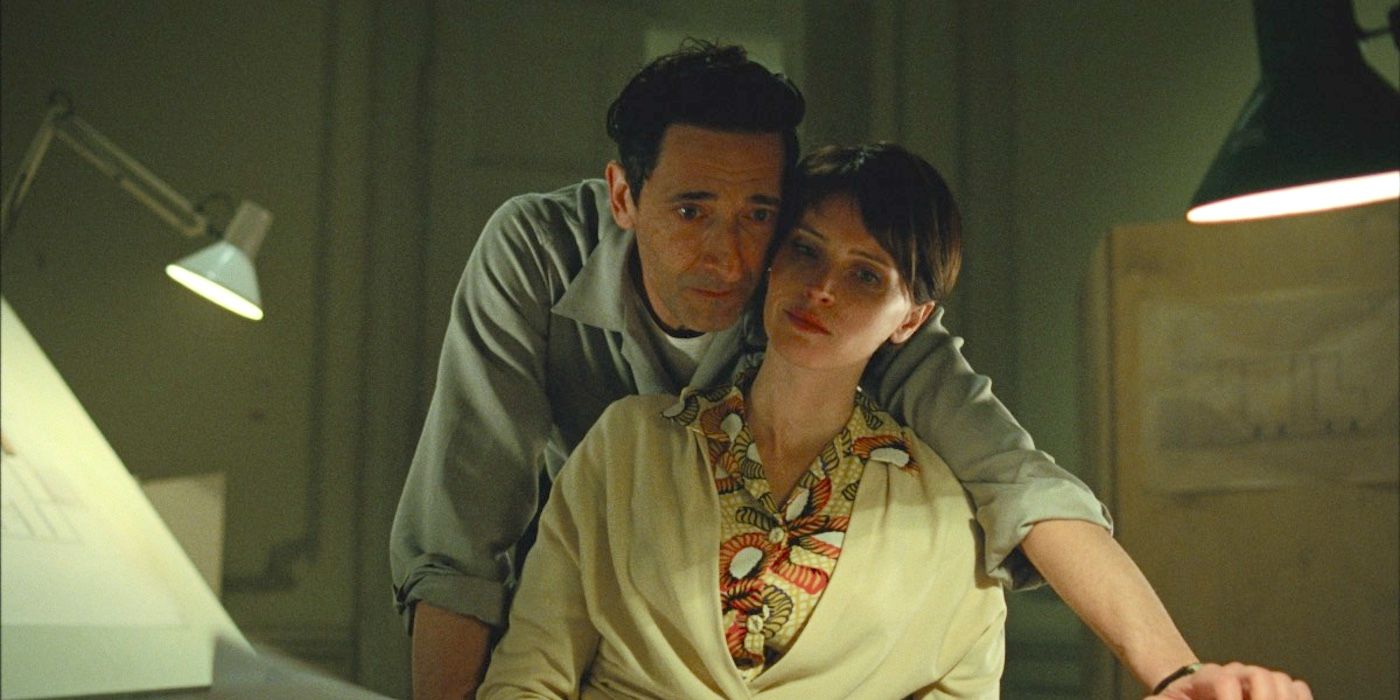
Image via Venice Film Festival
FELICITY JONES: What I love about the dynamic between Laszlo and Erzsebet is it’s really tempestuous.
They’re quite antagonistic with each other.
They don’t actually let each other off the hook.
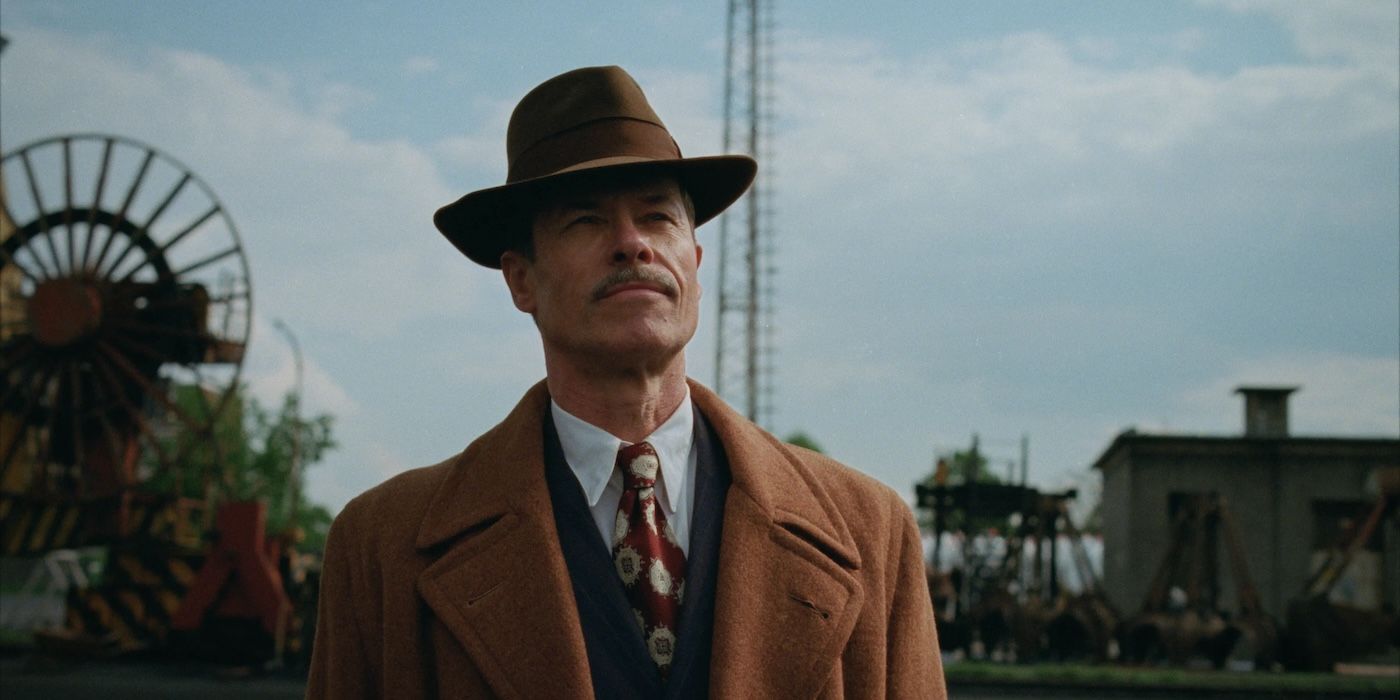
Image via A24
I think what I loved about it was there’s real humor in that dynamic.
There’s a real humanity.
you’re free to feel the love because they’re actually quite honest with each other.
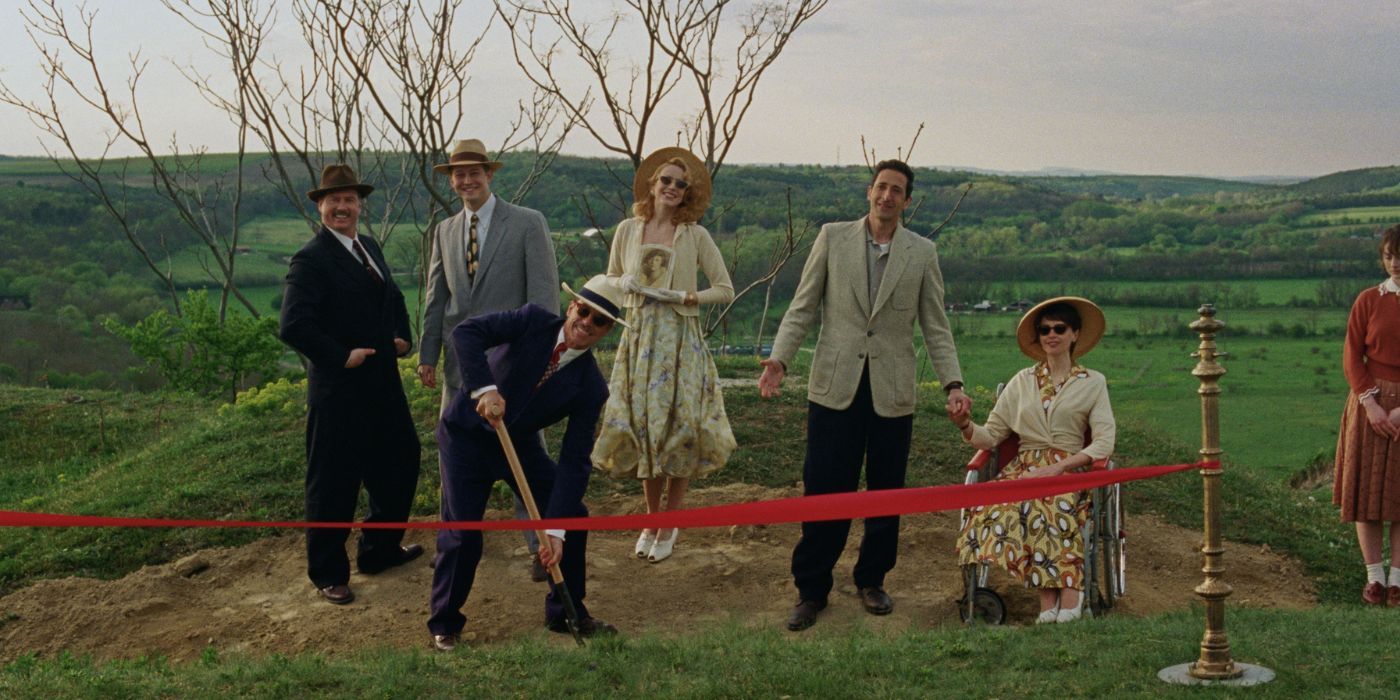
Image via A24
Guy, I was wondering if you had an anchor of sorts for him.
I’m the one in control.
I’m the one in charge.
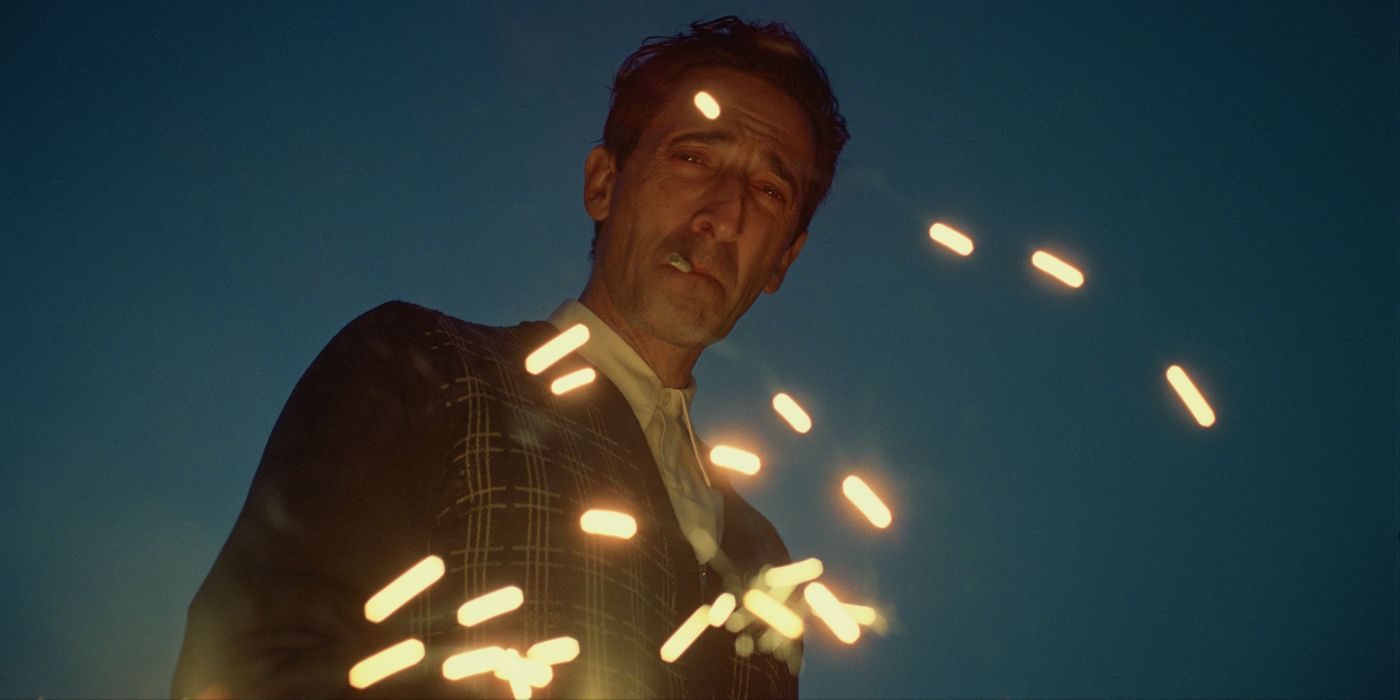
I’m the boss here.
Let’s just not forget that I’m the boss here.
So, as far as a tether, that’s the kind of thing that I supposeIwas hanging onto.

When visionary architect László Toth and his wife Erzsébet flee post-war Europe in 1947 to rebuild their legacy and witness the birth of modern America, their lives are changed forever by a mysterious and wealthy client.
So yeah, it was an interesting role to play because of all of those elements.
Thats such an exhausting way of being.
JONES: I know, its so tiring.
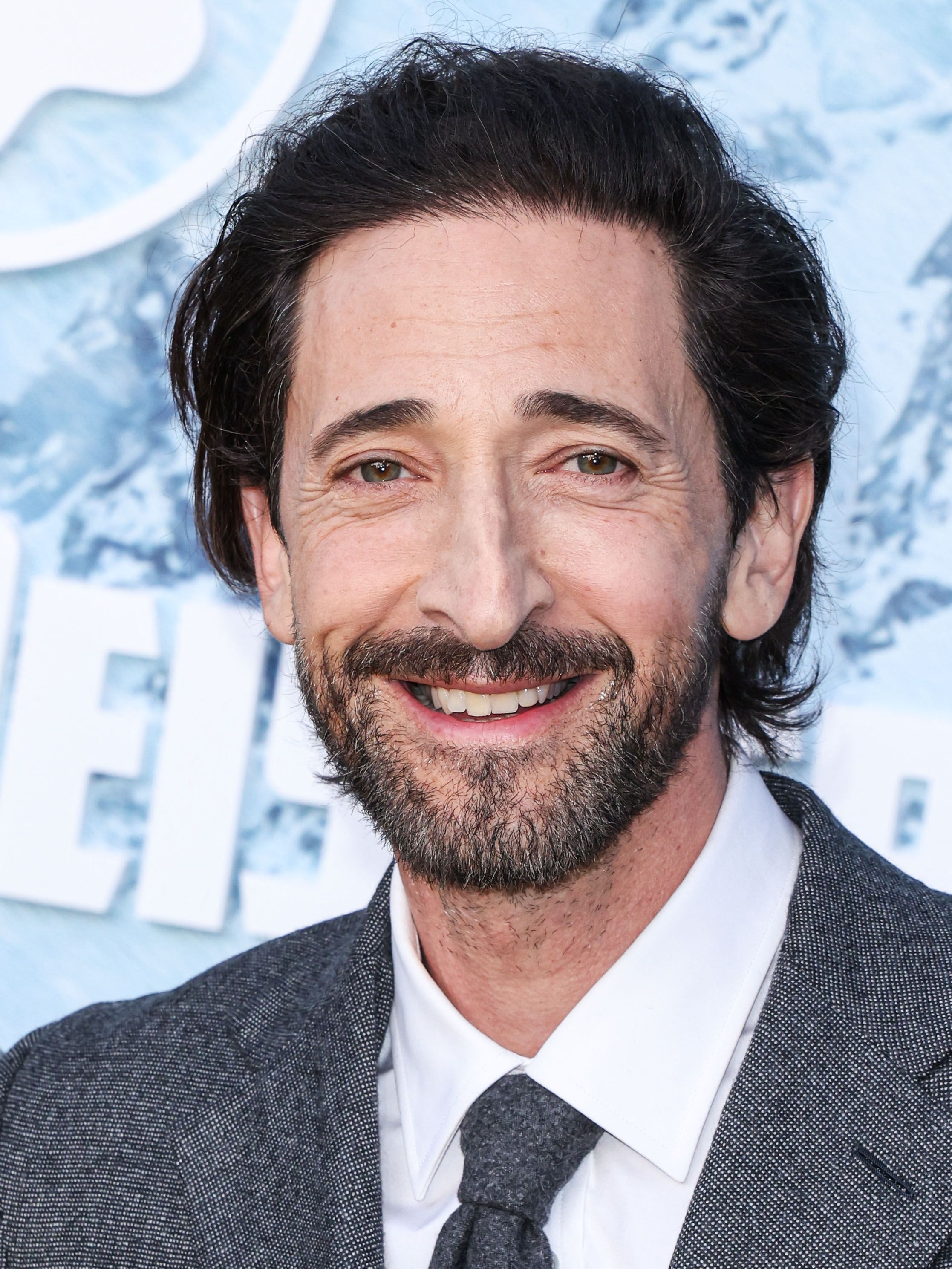
Exhausting is a really good point, actually.
JONES: It’s so nice having that different aspect.
And in some ways, having someone to look after is what makes you so human.
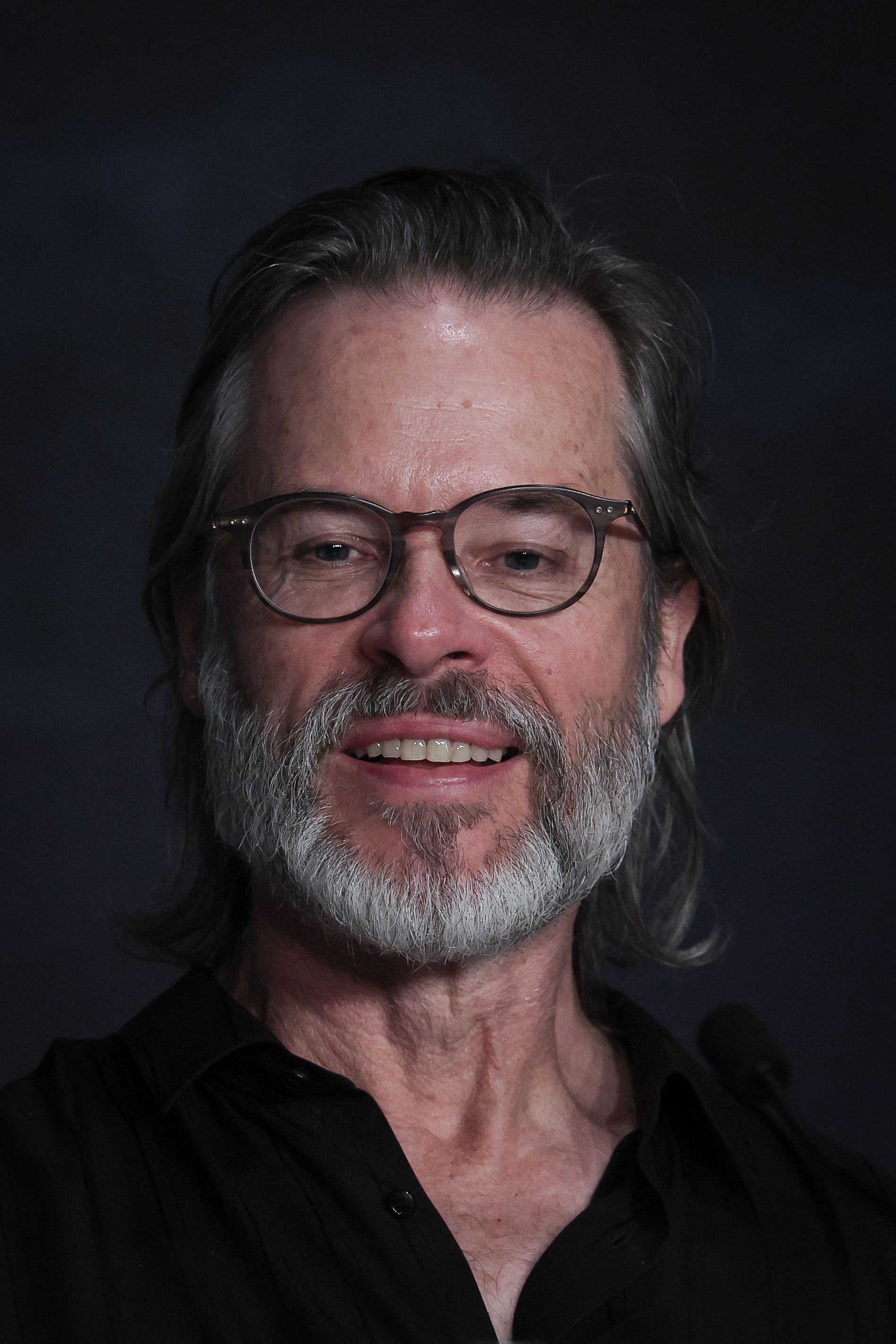
That’s what’s helped them survive, is having that need to look after one another.
It’s very powerful.
I also have to ask about working with [director] Brady [Corbet].

And he lets people have a say.
Everyone has their moment to say something, and he’s like a conductor.
You each have your time, but he’s the umbrella, and he’ll bring it all together.

PEARCE: And he certainly let people try things.
Give it a try.
And then come out of it and it either worked or didn’t work.
So, he was very compassionate.
Hes a great, sensitive soul.
PEARCE: Oh, I can’t remember that sort of stuff, to be honest.
So, I don’t know.
JONES: I think he makes you feel very unjudged, which is interesting for a director.
It can be such a judgmental place, and somehow, he makes you feel very comfortable.
What a freeing quality.
JONES: He makes it feel effortless.
PEARCE: He just wants authenticity.
JONES: Yeah, just be true.
Brady Corbet’s epic is one of the most stunning films you’ll see this year.
PEARCE: I don’t think it’s made me rethink mine.
I feel like it’s slightly different on every job anyway, just because of who you play.
JONES: You have a whole new group of people.
PEARCE: Yeah, so not specifically, I don’t think.
JONES: You’re kind of always recalibrating, aren’t you?
Because it’s such a different dynamic.
As actors, were just gypsies, really.
You kind of have to adapt and read the situation.
PEARCE: I just want more directors to be like Brady.
JONES: I know.
I feel like you have to be quite prepared to be quite adaptable in some way.
The Brutalistopens in theaters on December 20.